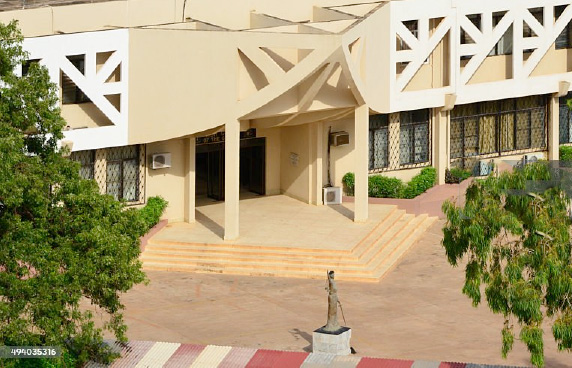
The student, Agyemang, wanted a court order directing the Director General of the Law School for a remarking of his exam papers that he felt he had passed. He wanted court declaration that the refusal for remarking of his exam papers by the Director General of the Law School was in contravention of sections 30 of the Constitution and section 11 of the Access to Information Law to bring the suit against the three – Director General of the Law School, General Legal Council and the Attorney General.
The lawyer representing the Director General of the Law School and the General Legal Council, Senior Lawyer Victoria Andrews, said the suit or application of the student was “vexatious and frivolous”.
She argued that the high court lacks jurisdiction to hear the case because there is no cause for action.
She stated that the Office of the Director General of the Law School is not a legal or juristic person, to sue or be sued. The proper party should have been the Gambia Law School and the General Legal Council, and not the Director General of the Law School, she held.
Justice Sidi K. Jobarteh delivered her judgement on 15 December 2023. She dismissed the application by Mr Agyemang, saying the Director General of the Law School “cannot be sued”.
The Judge held that the Attorney General is not a proper party to the suit because the matter does not deal with the State or organs of the State. She also held that the student did make out a case against the General Legal Council (GLC).
The Judge held that the request for remarking should have been addressed to the General Legal Council (GLC), as the supervisor of the school. She further held that the Director General of the School is responsible for the day-to-day administration of the school.
She adjudged that the Director General could not be sued, saying the Legal Practitioners Act created the General Legal Council, which can sue and be sued. Also, the Law School Act also provides that the School can sue and be sued.
She reiterated that the office of the Director General is not created by law and therefore, cannot sue or be sued.
Read Other Articles In Headlines

Finance Ministry involves in over D67M malicious virement transaction
Sep 13, 2023, 11:39 AM
D20M students’ lawsuit adjourned to November
Jul 12, 2023, 4:37 PM



